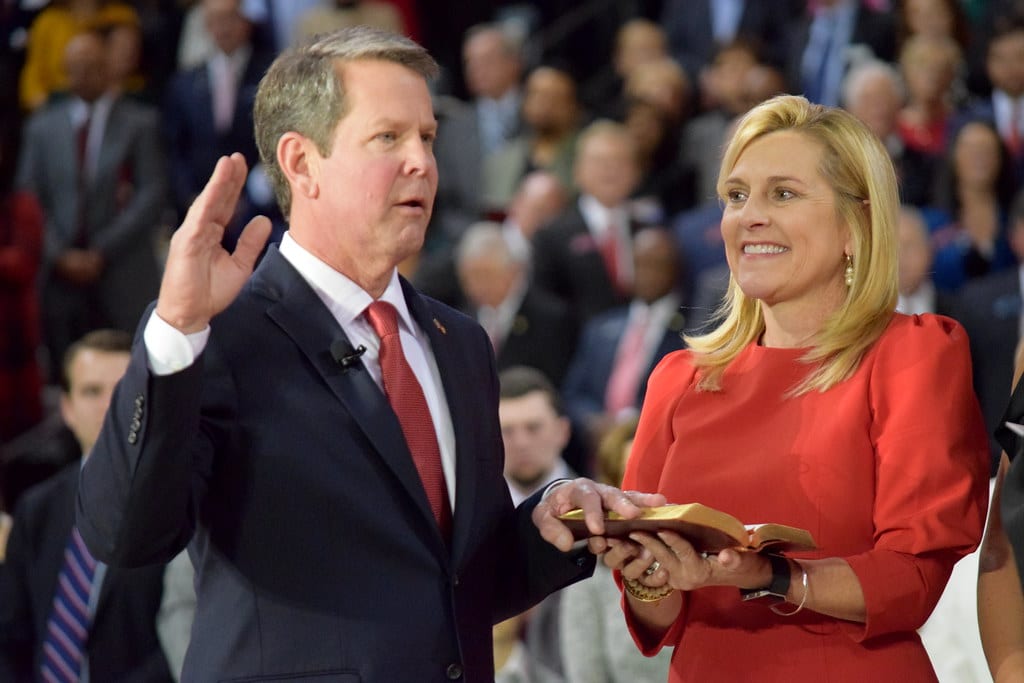
Watchdog Praises Georgia Gov. Kemp for Surprise Billing Reform
Taxpayers Protection Alliance
July 16, 2020
For Immediate Release
July 16, 2020
Contact: Grace Morgan
(202-855-4380)
WASHINGTON, D.C. – Today, the Taxpayers Protection Alliance (TPA) praised Georgia Governor Brian Kemp (R) for signing into law HB 888 (the “Surprise Billing Consumer Protection Act”). This measure is designed to protect patients who receive a “surprise medical bill” in the mail days or even weeks after being discharged from a hospital. The legislation prohibits medical providers from charging patients directly, and instead allows doctors and insurers to settle unresolved bills via an independent arbitration system. Under this model that has bipartisan support, a neutral third-party would carefully evaluate the claims submitted by both sides and decide on a reasonable reimbursement rate.
TPA President David Williams applauded Gov. Kemp for signing the legislation, stating, “the scourge of surprise billing is felt by thousands of Georgians and millions of Americans every year. Government regulations and mandates such as Obamacare have exacerbated the problem of surprise billing over the past decade by narrowing insurance markets and restricting reimbursements to doctors. And now, some policymakers at the state and federal level want to impose even more government rules and rate-setting to ‘solve’ the issue of surprise billing. Fortunately, Georgia under the leadership of Gov. Kemp has rejected price-fixing in favor of a fair, flexible approach.”
Williams continued: “Georgia’s new, arbitration-based reform is based on a successful model that New York implemented in 2015. New York curbed the problem of surprise billing by taking patients out of the equation immediately. The Empire State then set up an ‘independent dispute resolution’ (i.e. arbitration) process to help doctors and insurers come to an agreement on the remainder of unpaid bills. New York’s process has been widely lauded as fair and even-handed, winning the praise of doctors’ associations even as the data shows that health insurers win a narrow majority (59 percent) of all cases decided by the arbiter. And, in about a third of cases, the arbiter comes to a split decision that awards some concessions to both doctors and insurers. This approach is clearly preferable to government price-fixing. Georgia has wisely opted to embrace arbitration and protect patients and doctors.”
Williams concluded: “It is more important than ever to strike the right balance in fairly compensating doctors and giving patients much-needed breathing room for surprise bills. The arbitration model does just that by having qualified, independent professionals examine difficult compensation issues. Gov. Kemp deserves praise for signing this pro-patient bill and rejecting rate-setting approaches that would only lead to more surprise bills.”
#
